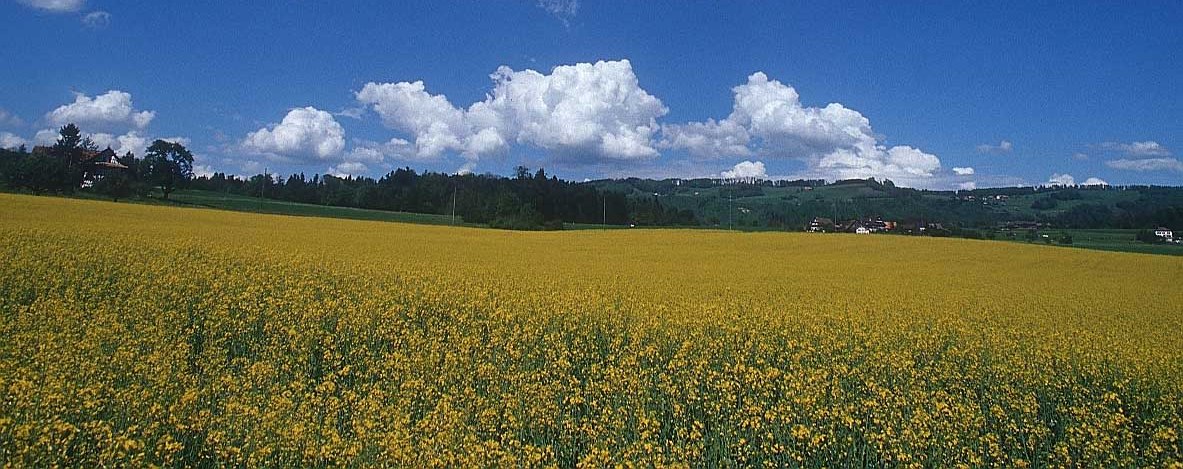- English
- Español
Sustainable Energy
Resources
Energy and Climate Partnership of the Americas (ECPA)

Participating Countries
All countries of the Western Hemisphere per voluntary addition.
Financing
U.S. State Department
Context
Leaders of the Western Hemisphere recognize that clean energy is fundamental to the Western Hemisphere’s sustainable development and the prosperity of our citizens, and they are committed to expanding cooperation to address the intertwined challenges of energy security and climate change. To strengthen Inter-American collaboration on these issues, at the Fifth Summit of the Americas held in Trinidad and Tobago in April 2009 all countries of the Western Hemisphere were invited to join in an Energy and Climate Partnership of the Americas (ECPA).
Mission
To promote regional energy cooperation through different strategies and actions for achieving a cleaner, safer, efficient, modern and fair energy deployment.
Vision
Shared leadership in the implementation of energy initiatives and the exchange of experiences within the countries of the Americas in support of sustainable development goals.
Description
The core vision of ECPA is based on the premise that its membership must join forces to achieve low carbon, resource efficient and socially inclusive policies that enhance human well-being, specifically through seven fundamental pillars:
- Energy efficiency: Promote the development of Energy Efficiency Policies in the Region through a cooperation and exchange framework that includes implementing best practices in specific sectors, promoting awareness and education on environmental/clean energy issues, and consolidating programmatic and regulatory schemes through human resource training, program and project management, and operation.
- Renewable energy: Steps to accelerate clean and renewable energy deployment via project support where feasible, policy dialogues, and scientific collaboration.
- Cleaner and more efficient use of fossil fuels: Promote best practices for managing hydrocarbons and the use of energy technologies, to reduce both pollution and the carbon footprint of conventional energy sources.
- Energy infrastructure: Foster modernized, integrated, and more resilient energy infrastructure through disaster risk management, among other strategies.
- Energy poverty: Target energy poverty with strategies to promote sustainable development and improve access to modern clean energy services and appropriate technologies that can safeguard public health, and reduce environmental impact.
- Regional energy integration: Promote regional energy coordination, cooperation, or harmonization (where feasible) and interconnection between and among countries in the Americas, in order to foster complementarity for the sustainable development of the Region.
- Energy research and innovation: Encourage technological development of innovative systems that make renewable energy widely affordable and available, while fostering applied research based on country-specific needs.
ECPA Webinar series
June 3, 2020 - Covid-19 & 2020 Hurricane Season: Sustainable Energy as a Building Block for Economic Resilience in the Caribbean
May 7, 2020 - Economic recovery after Covid-19: The role of the energy sector
April 16, 2020 - Analyzing the behavior of air pollutants during the Covid-19 global lockdown
April 8, 2020 - Outlook of Central America and the Caribbean Electricity Sector Post-Covid-19
Press Release
February 28, 2020 - It's Time to "Accelerate the Pace for Renewable Energy Action" in the Region
Contact
Juan Cruz Monticelli
Email: [email protected]
Website: www.ecpamericas.org


